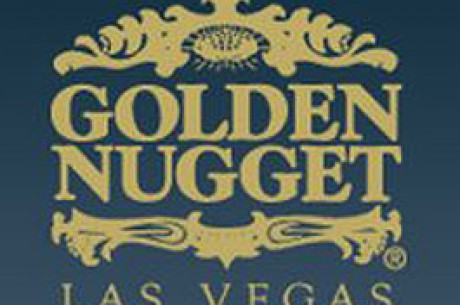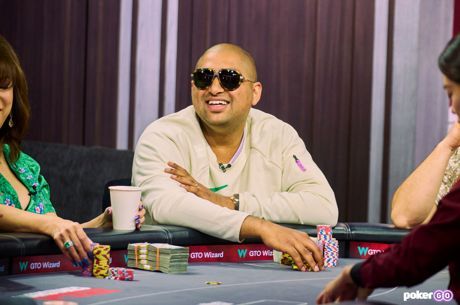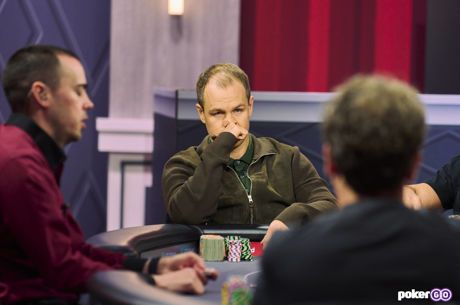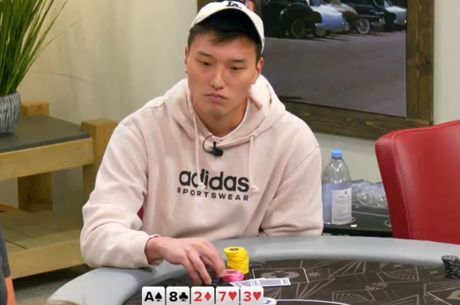The Problem With '60 Minutes'

When I was a child, there were two things my Grandfather (a Southern Baptist minister) would not miss, without exception - The nightly news with Walter Cronkite, and 60 Minutes - every Sunday at 7pm.
I would often watch '60 Minutes' with my grandfather - not caring (or understanding) what the people were saying, just happy to spend some QT with my grandfather, who I looked up to a great deal. I really thought '60 Minutes' was one of the journalistic bastions of our society.
So, imagine my surprise when, this past Sunday, this revered haven of American journalism ran a report that was based on a completely faulty premise. Online gaming is not illegal in the United States. Don't get me wrong, its not exactly legal either. But, there are no laws expressly prohibiting online gaming - either at a consumer, or a corporate level.
Yet, throughout this report (Which was actually titled 'Illegal, and thriving'), the anchor kept on and on with the premise that online gambling is illegal, even going so far as to say at one point 'The federal government is clear - gambling on the Internet is illegal'.
Well, the government may say this activity is illegal, but it simply isn't the case. The current administration would like this to be the case, and as is their normal M.O. they simply say it over, and over until they hope the people begin to take it as fact.
In fact, the piece of legislation they assert as making online gaming illegal, has absolutely no basis in either the Internet, or all forms of gaming other than sports betting. The Wire Act is designed to prevent bookies from taking sports bets over the phone. This legislation was enacted in 1961, long before the Internet was even a spark in anyone's mind. This piece of legislation was challenged in the World Court earlier this year by the online gaming center of Aruba, and the challenge was upheld - the Wire Act has no relevance to online gaming, or the Internet at all, the court found.
Still, the anchor went on, and on "How can people advertise a business that is illegal?" "Why are millions of people participating in this illegal activity?". I'll tell you why - because it's not illegal. If it was expressly illegal, do you think the outlets would carry the advertising? Of course not. When is the last time you saw a drug dealer advertise?
Shame on '60 Minutes' for taking the current administration's 'Party Line', and regurgitating it into a story that would have been better served on 'Hard Copy'.
I thought Nigel Payne, CEO of Sporting Bet, did a fantastic job in his interview in the story deflecting all the barbs directed at him (and in fact at our entire industry), and did a great job of turning the focus around to the great need for regulation.
The only solution here is regulation. If you don't want underage kids playing, regulate the industry, so that only scrupulous, established firms can participate. If you don't want problem gamblers ruining their lives on the Internet - regulate. Force the companies to be responsible, and you know what? They will be. Sure, 'cowboy' companies will come along now and again, but with firm, clear regulations on the books - they won't last long.
The genie is out of the bottle with respect to online gaming. This isn't like the peer-to-peer issue (aka Napster) of a few years ago. There are many areas of the world where online gaming is, and will remain legal. Therefore, there will always be places on the Internet that Americans can gamble.
Oh, by the way, the most important point about regulation. Mr. Payne estimated during his interview that the US government had lost out on 1.2 Billion dollars in lost tax revenue, were they to have regulated January 1st, 2004, and taxed this industry at the same rate the UK does.
I hope the people on Capitol Hill can come to their senses about this issue. Also, I hope '60 Minutes' can be a little more independently minded next time, and investigate the issue thoroughly. My Grandfather, and I will be watching.








